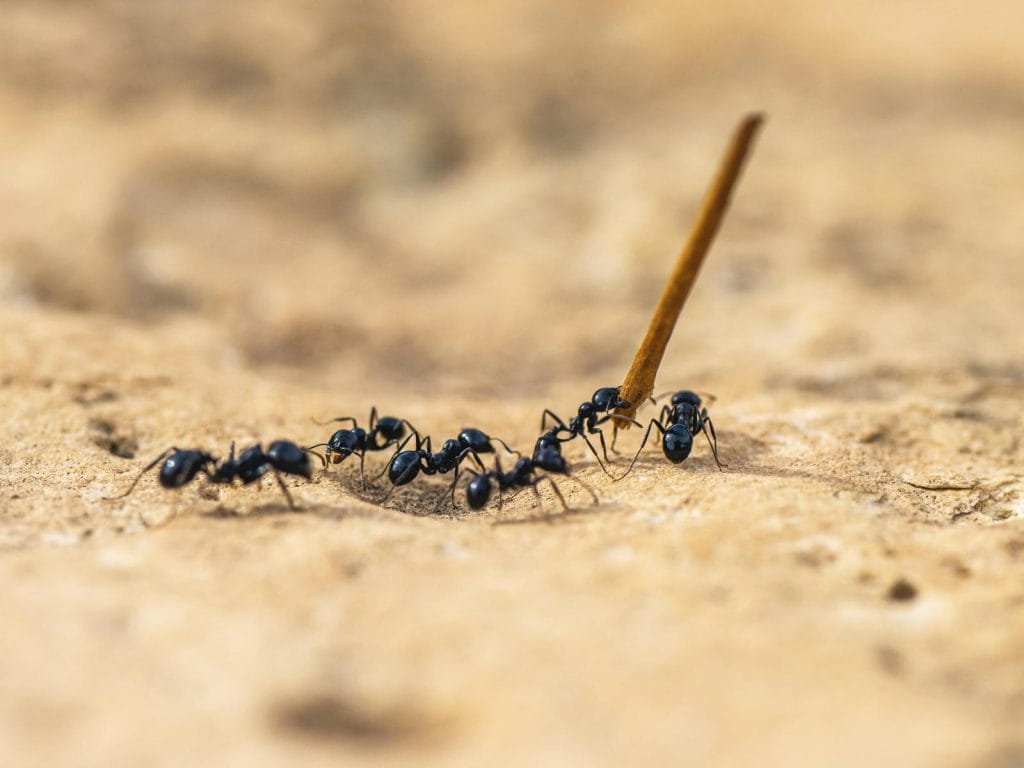A Kenyan court has sentenced four individuals, including two Belgian teenagers, a Vietnamese national, and a Kenyan accomplice, to one year in prison or a fine of $7,700 each for attempting to smuggle thousands of rare ants out of the country. The case, described as a landmark in wildlife protection enforcement, highlights a growing trend of trafficking lesser-known but ecologically vital species.
The suspects — Belgian nationals David Lornoy and Seppe Lodewijckx, Vietnamese citizen Duh Hung Nguyen, and Kenyan national Dennis Ng’ang’a — were arrested in April at a guesthouse in Naivasha with more than 5,000 live ants in their possession. While the Belgians were found with the majority, the other two were reportedly carrying around 300 ants.
The Kenya Wildlife Service (KWS), which is typically involved in protecting larger wildlife such as elephants and lions, said the shift in trafficking from iconic animals to insects is deeply troubling. “This case marks a disturbing evolution in bio-piracy,” a KWS spokesperson noted, adding that the targeted species — Messor cephalotes, a giant African harvester ant — is protected under international biodiversity treaties.
The defendants claimed they collected the ants for hobby purposes and were unaware of the legal implications. However, prosecutors argued that their actions were premeditated, citing the purchase of specialized equipment such as syringes and test tubes designed to keep the ants alive during transport and avoid detection by airport security.
The ants, native to Kenya, Ethiopia, and Sudan, are highly valued by exotic pet collectors across Europe and Asia, sometimes fetching prices as high as $220 each. The street value of the seized insects is estimated to be in the tens of thousands of dollars.
Environmental advocates have praised the court’s firm response, calling it a step forward in tackling underreported forms of wildlife trafficking. “This case exposes how bio-piracy is expanding into new territories, targeting even the smallest creatures crucial to ecosystems,” said a Nairobi-based conservationist.
As global demand for rare insects grows, Kenya has pledged to increase enforcement and awareness around insect trafficking, ensuring that even the tiniest species receive the protection they deserve.



